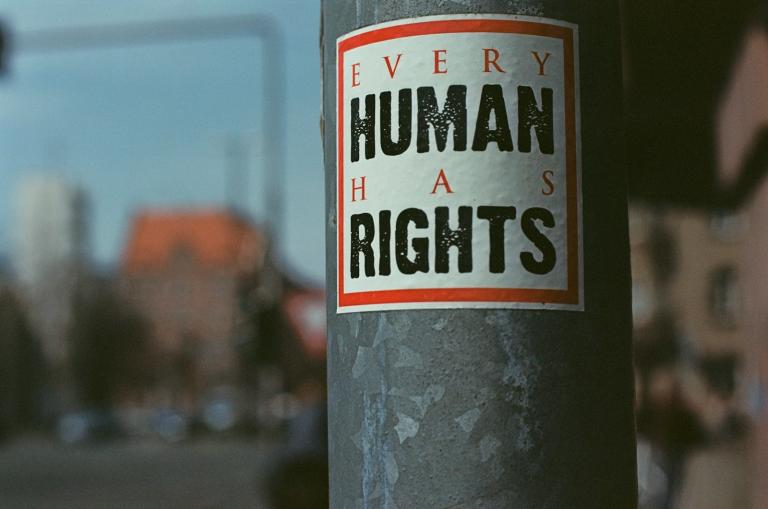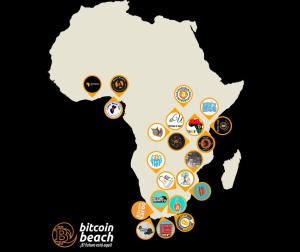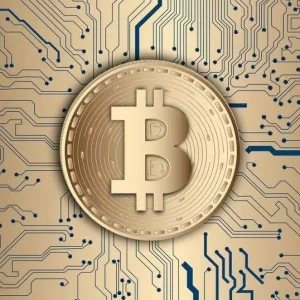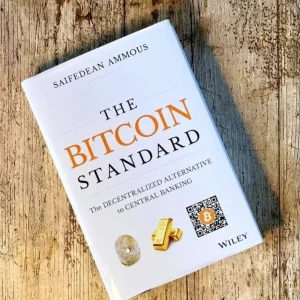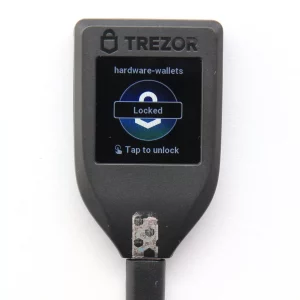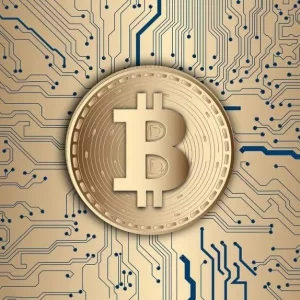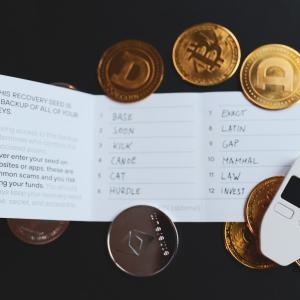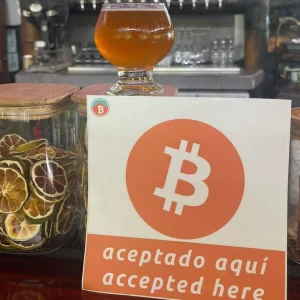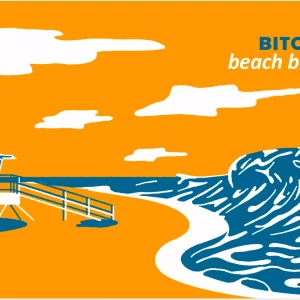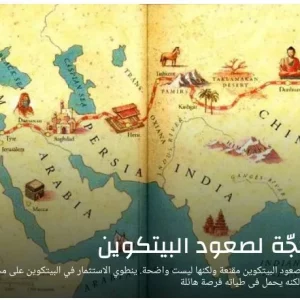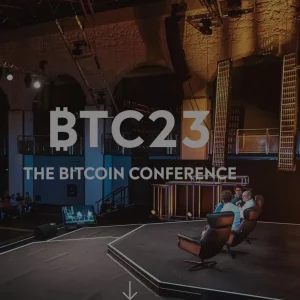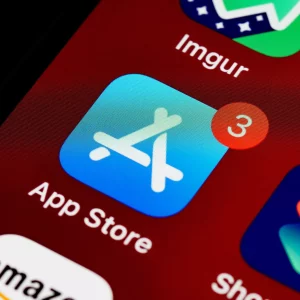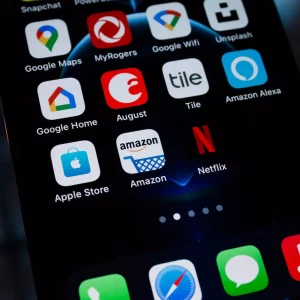In recent years, Bitcoin has emerged as more than just a digital currency or speculative asset. It’s becoming a powerful tool for enforcing human rights, particularly in regions like Africa where traditional financial systems often fall short. Despite common misconceptions, Bitcoin’s unique properties make it a revolutionary force in the fight for equality, freedom, and human dignity.
Understanding Bitcoin’s Potential
Bitcoin possesses several key characteristics that set it apart from other forms of money:
- Immutability: Once recorded on the blockchain, transactions cannot be altered or erased. This is ensured by the proof-of-work mechanism, which requires significant computational effort to validate and secure transactions, making tampering virtually impossible.
- Public nature: The blockchain is transparent and accessible to all.
- Collaborative: It’s maintained by a global network of users, developers, and companies.
- Openness: Anyone can participate without permission.
- Censorship resistance: No single entity, not even a nation-state, can control or shut down the network, alter transactions, or keep users from accessing their funds via Bitcoin self-custody.
- Decentralization: Unlike our traditional money, it operates without a central authority like a bank.
These properties make Bitcoin uniquely suited to address human rights issues. Two aspects are particularly crucial:
- Openness: Bitcoin is truly permissionless. Anyone, regardless of wealth, status, race, or location, can use it. This creates a level playing field in a world where traditional financial systems often discriminate.
- Censorship Resistance: Governments and powerful entities cannot easily interfere with Bitcoin transactions. This makes it an invaluable tool for human rights activists and those living under oppressive regimes.
Bitcoin and the Universtal Declaration of Human Rights
The Universal Declaration of Human Rights (UDHR) is a global roadmap for freedom and equality, protecting the rights of every individual everywhere. Adopted by the United Nations General Assembly in 1948, it enshrines the fundamental human rights and freedoms that all people are entitled to, regardless of their nationality, sex, color, religion, language, political or other opinions.
Remarkably, Bitcoin aligns with at least 11 articles of the UN Declaration of Human Rights. By promoting financial freedom, decentralized governance, and protecting individual privacy, Bitcoin embodies many core principles of human rights. Let’s explore how this innovative technology reflects these values in more detail.
Below is a documentary titled “How Bitcoin Enforces Human Rights” by the author, Anita Posch.
Freedom and Equality
The current global financial system excludes 1.7 billion people from basic banking services. Bitcoin offers an alternative, providing equal access to financial services for anyone with an internet connection. Moreover, in Africa, tools like Machankura even allow users to transact with Bitcoin over the Lightning Network on pre-smartphone mobile devices (feature phones) without internet. This is particularly impactful in Africa, where banking infrastructure is often limited or unreliable.
Right to Privacy
In an era of increasing financial surveillance, Bitcoin offers a degree of privacy. While not completely anonymous, it allows users to transact without disclosing personal information to third parties, effectively increasing the financial privacy compared to traditional banking. This is crucial for human rights activists, journalists, and marginalized groups who may face persecution for their activities.
The Human Rights Foundation’s Bitcoin Development Fund seeks to enhance the privacy and usability of the Bitcoin Network. This effort addresses the global need for secure and accessible financial tools that safeguard human rights. Grants from this program have supported projects that improve Bitcoin’s privacy features, such as CoinJoin and Tor Onion Routing.
Freedom of Speech and Association
Governments often use financial restrictions to silence dissent. Bitcoin enables financial support for causes and groups that might otherwise be cut off from traditional funding sources. The Nigerian End SARS protests in 2020 provide a powerful example, where activists turned to Bitcoin after their bank accounts were frozen.
The video below is my interview with Damilola Odufuwa and Ire Aderinokun Co-Founders of the Nigerian Feminist Coalition about how Bitcoin supported Nigerian protests against police brutality:
Freedom of Movement
For refugees or those fleeing conflict, Bitcoin can be a lifeline. Unlike physical assets or traditional bank accounts, Bitcoin can be easily transferred across borders, allowing people to preserve their wealth even when forced to relocate.
Bitcoin’s impact on the right to freedom of movement is profound, especially for refugees and those fleeing conflict. Bitcoin can be a lifeline. Unlike physical assets or traditional bank accounts, which require physical presence and can be difficult or dangerous to access during times of crisis, Bitcoin offers a secure and easily portable alternative. With a self-custody wallet on a phone, individuals can carry their wealth without the need to hold cash or risk their lives trying to withdraw money from banks. Even if the phone is lost, the wallet can be restored, and funds accessed, simply by using the seed phrase. This allows those fleeing conflict to preserve their financial resources, access funds when needed, and maintain control over their wealth.
Right to Own Property
In many countries, women face legal restrictions on property ownership. Bitcoin provides a way for individuals to secretly own and control assets, potentially empowering those who are traditionally excluded from property rights.
Right to Security
In countries plagued by hyperinflation, like Zimbabwe, Bitcoin offers a more stable store of value. While volatile compared to major world currencies, Bitcoin can be a safer option than rapidly devaluing local currencies, providing a means of savings and economic security.

Zimbabwe experienced one of the worst cases of hyperinflation in history, with inflation peaking at an estimated 89.7 sextillion percent in 2008. The country’s local currency became virtually worthless, forcing the government to abandon it and adopt foreign currencies like the US dollar. Hyperinflation devastated the economy, wiping out savings and eroding public trust in traditional financial systems. This economic instability has led many to seek alternative stores of value, such as Bitcoin, to protect their wealth from further devaluation.
Real-World Impact
The impact of Bitcoin on human rights is not just theoretical. Real-world examples demonstrate its power:
- Nigeria: During the End SARS protests against police brutality, the Feminist Coalition successfully used Bitcoin to receive donations and support the movement after their bank accounts were shut down.
- Hong Kong Protests: During the 2019 Hong Kong protests, Bitcoin donations were used to support protestors facing financial restrictions from traditional institutions.
- Iran: In Iran, where the government imposes strict controls on the financial system and limits access to foreign currencies, Bitcoin provides a means for people to bypass these restrictions. Activists and individuals use Bitcoin to support their causes and maintain financial autonomy despite governmental interference. The Human Rights Foundation, for example, helped a group of Iranian protestors anonymously purchase encrypted communication tools during the 2019 protests using Bitcoin.
- Zimbabwe: With ongoing hyperinflation, many Zimbabweans are turning to Bitcoin as a more stable alternative to the local currency. The country’s history of currency crises has made people receptive to alternative financial solutions. By offering an alternative to the unstable local currency, Bitcoin empowers individuals to maintain their financial security and independence. This capability is particularly significant in safeguarding human rights, as it enables people to preserve their economic dignity, access global markets, and build more resilient livelihoods despite the country’s financial turmoil.
- Venezuela: Similar to Zimbabwe, Venezuelans facing economic turmoil have turned to Bitcoin as a way to preserve their wealth and conduct transactions when their national currency, the Bolivar, became hyperinflated. Bitcoin has also aided Venezuelan activists in circumventing financial restrictions imposed by the government.
- South Africa: Projects like Bitcoin Ekasi show that even economically disadvantaged communities can benefit from Bitcoin adoption, challenging the notion that it’s only for the wealthy.
- Dissidents and Journalists: Bitcoin donations have been used to support journalists and activists operating in repressive regimes where traditional financial channels are monitored or controlled by the government.
- Independent Media: Some independent media outlets have begun accepting Bitcoin donations to circumvent government censorship and ensure continued operation. For instance, during the early 2010s, WikiLeaks heavily relied on Bitcoin donations to overcome a financial blockade imposed by traditional payment processors like Visa and Mastercard. This crucial support enabled the organization to continue its work in publishing classified documents that exposed human rights abuses and corruption.
- Remittances: Across Africa, Bitcoin is being used to send money across borders more efficiently and at lower cost than traditional remittance services. For example, Bitcoin has been used by refugees seeking a secure and untraceable means of sending remittances back to their home countries. In Syria, for example, Bitcoin has provided an alternative to traditional banking systems that are often inaccessible or unreliable. This allows refugees to send money directly to family members without intermediaries who may siphon off funds or impose high transaction fees.
Read more: How Bitcoin Fixes Money Transfer in Africa
Beyond Financial Inclusion
There is a rising number of Bitcoin miners in places like Africa who are utilizing renewable, stranded or wasted energy, which is significant for several reasons. Bitcoin’s impact extends beyond just financial services. For instance, in Malawi, a Bitcoin mining operation by Gridless has brought electricity to over 2,000 people in a small village for the first time. This demonstrates how Bitcoin can indirectly contribute to infrastructure development and quality of life improvements.
Challenges and Future Outlook
Despite its potential, Bitcoin faces challenges in its role as a human rights tool. Regulatory pushback, as seen in Nigeria’s recent crackdown on peer-to-peer crypto transactions, poses significant obstacles. Additionally, issues of technological access and education need to be addressed to make Bitcoin truly accessible to all.
However, innovations are continuously expanding Bitcoin’s reach. Services like Machankura, which allows Bitcoin transactions without internet access in seven African countries, are making the cryptocurrency more accessible to those with limited technological resources.
The future of Bitcoin in Africa looks promising. With an average age of 19.5 years, compared to 42.9 in Europe, Africa’s young population is likely to drive innovation and adoption of Bitcoin. This demographic dividend could accelerate Bitcoin’s role in supporting human rights across the continent.
Conclusion: Why is Bitcoin Good for Humanity?
Bitcoin is far more than a speculative asset or a medium of exchange. It’s a powerful tool for enforcing human rights, offering financial inclusion, privacy, and economic stability to those who need it most. As adoption grows, particularly among the young populations of African countries, Bitcoin’s role in supporting human rights is likely to expand. This impact is not limited to Africa but extends to other countries worldwide with human rights and democracy deficits.
While Bitcoin alone cannot solve all human rights issues, it provides a powerful tool for individuals to resist oppression, preserve wealth, and participate in the global economy on their own terms. As we move further into the digital age, Bitcoin stands as a beacon of hope for a more equitable and free world, embodying the principles of human rights in its very design and function.

